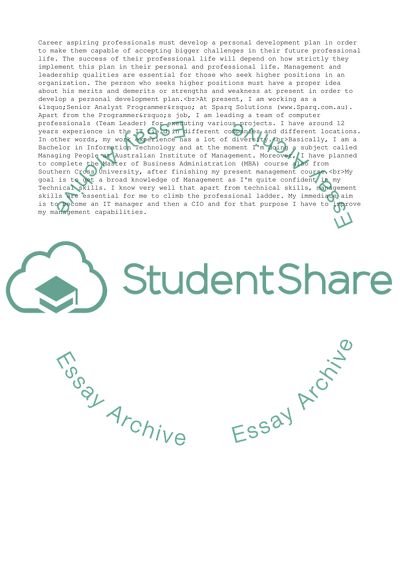Cite this document
(Personal Development Plan Admission/Application Essay, n.d.)
Personal Development Plan Admission/Application Essay. Retrieved from https://studentshare.org/management/1726246-personal-development-plan
Personal Development Plan Admission/Application Essay. Retrieved from https://studentshare.org/management/1726246-personal-development-plan
(Personal Development Plan Admission/Application Essay)
Personal Development Plan Admission/Application Essay. https://studentshare.org/management/1726246-personal-development-plan.
Personal Development Plan Admission/Application Essay. https://studentshare.org/management/1726246-personal-development-plan.
“Personal Development Plan Admission/Application Essay”, n.d. https://studentshare.org/management/1726246-personal-development-plan.


